
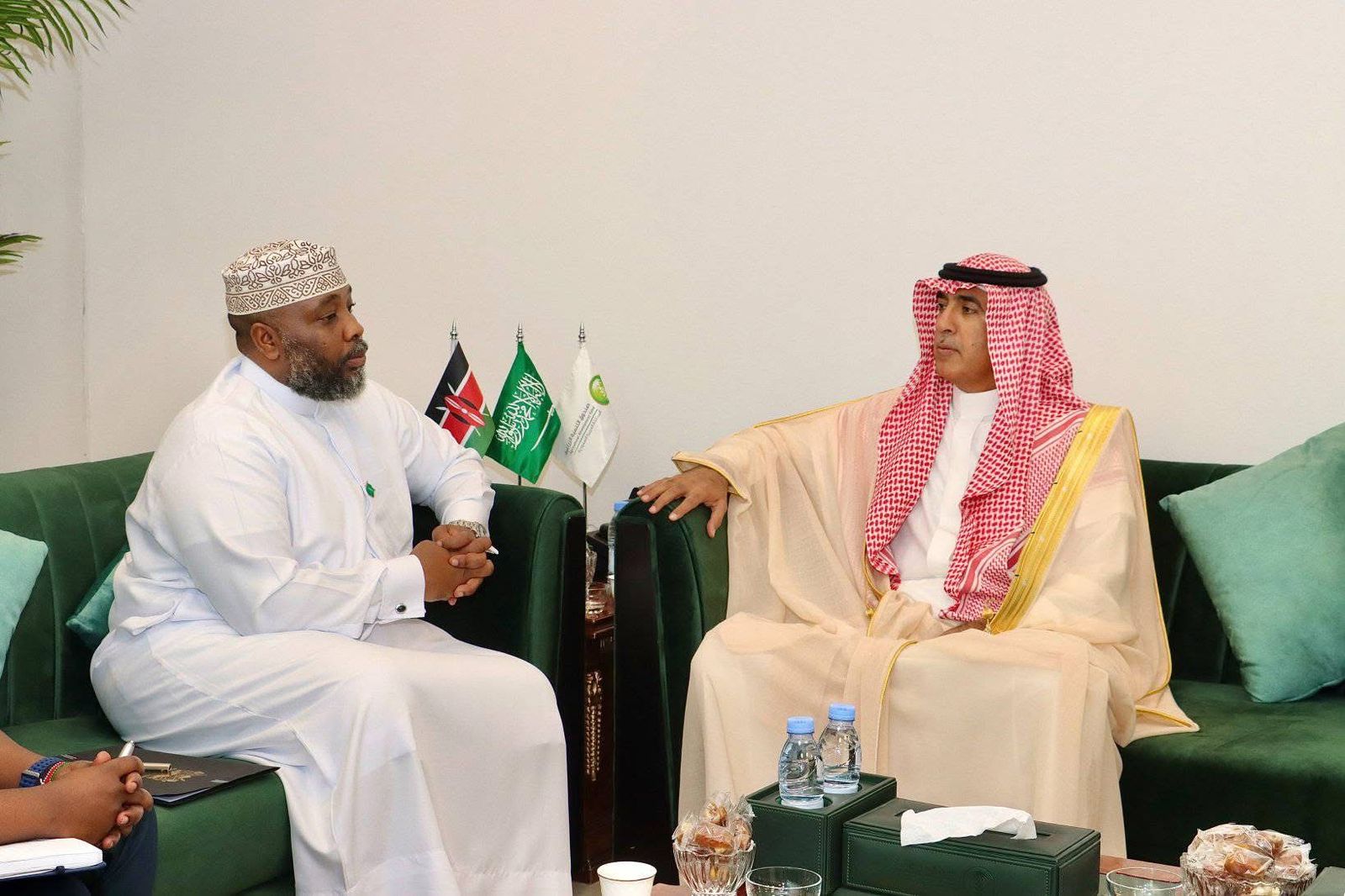
Kenyan workers in Saudi Arabia are set for a major shift in their employment conditions following a new directive from the Saudi government.
According to an update issued by the Kenyan Embassy, all workers will earn a minimum salary of SAR 1, 000 (Sh34, 455) per month beginning February 2026.
The adjustment is part of ongoing labour reforms linked to recent changes in the Kafala system, a framework that has long governed migrant labour in the Kingdom.
The reforms are aimed at improving the protection and welfare of foreign workers, many of whom come from Kenya in search of domestic and skilled employment.
In its communication on Facebook, the Embassy urged Kenyan workers across Saudi Arabia to engage their employers early to confirm the rollout of the new minimum wage.
“The Embassy wishes to inform all Kenyan workers that, effective February 2026, the Government of Saudi Arabia will implement a minimum salary of SAR 1,000 per month for all workers. This is in line with ongoing labor reforms following changes to the Kafala system,” the statement read.
Workers are encouraged to raise any concerns or delays through the Embassy’s official channels to ensure timely intervention.
The Embassy reaffirmed its commitment to safeguarding the rights and welfare of Kenyan nationals in Saudi Arabia, noting that it will continue monitoring the implementation of the new salary standard as part of its broader mandate to support citizens abroad.
These latest reforms aim to improve working conditions, increase fairness, and give workers more protection.
Speaking on Wednesday during the third quarterly media engagement, Mudavadi said the government has intensified efforts to protect citizens working abroad, particularly those vulnerable to exploitation by rogue foreign job agencies.
“The government has to date rescued and repatriated more than 500 victims since 2022,” Mudavadi said.
“Relevant government agencies have investigated and delisted close to 600 rogue foreign job agencies. This is not enough, and discussions are ongoing for a proposal to publicly list agencies that exploit the vulnerability of our people.”
Mudavadi cited recent cases where the government facilitated the safe return of citizens in distress.
Among them was a Kenyan woman and her daughter repatriated from Qatar after facing challenging circumstances.
Mudavadi highlighted that in countries like Saudi Arabia, where a large number of Kenyans work, the problem of mothers with undocumented children is common.
“Through bilateral interventions and a drive dubbed Mobile Consular Services, we have conducted DNA tests and collected 707 samples to verify parentage. Positive matches have allowed us to process birth certificates and facilitate immediate repatriation for children and their mothers,” he said.
He also acknowledged the role of the Joint Interdepartmental Working Group(JIWG), formed in January 2025, which brought together the Kenyan Embassy, Saudi ministries of Foreign Affairs, Labour, Interior and the Saudi General Directorate of Passports.
“Since inception, the deliberate efforts by the JIWG have resulted in the safe repatriation of 59 mothers and 73 children back to Kenya,” Mudavadi noted.
The interventions come against a backdrop of numerous cases where Kenyans have faced inhumane treatment abroad, with some incidents resulting in deaths, particularly in Gulf countries.


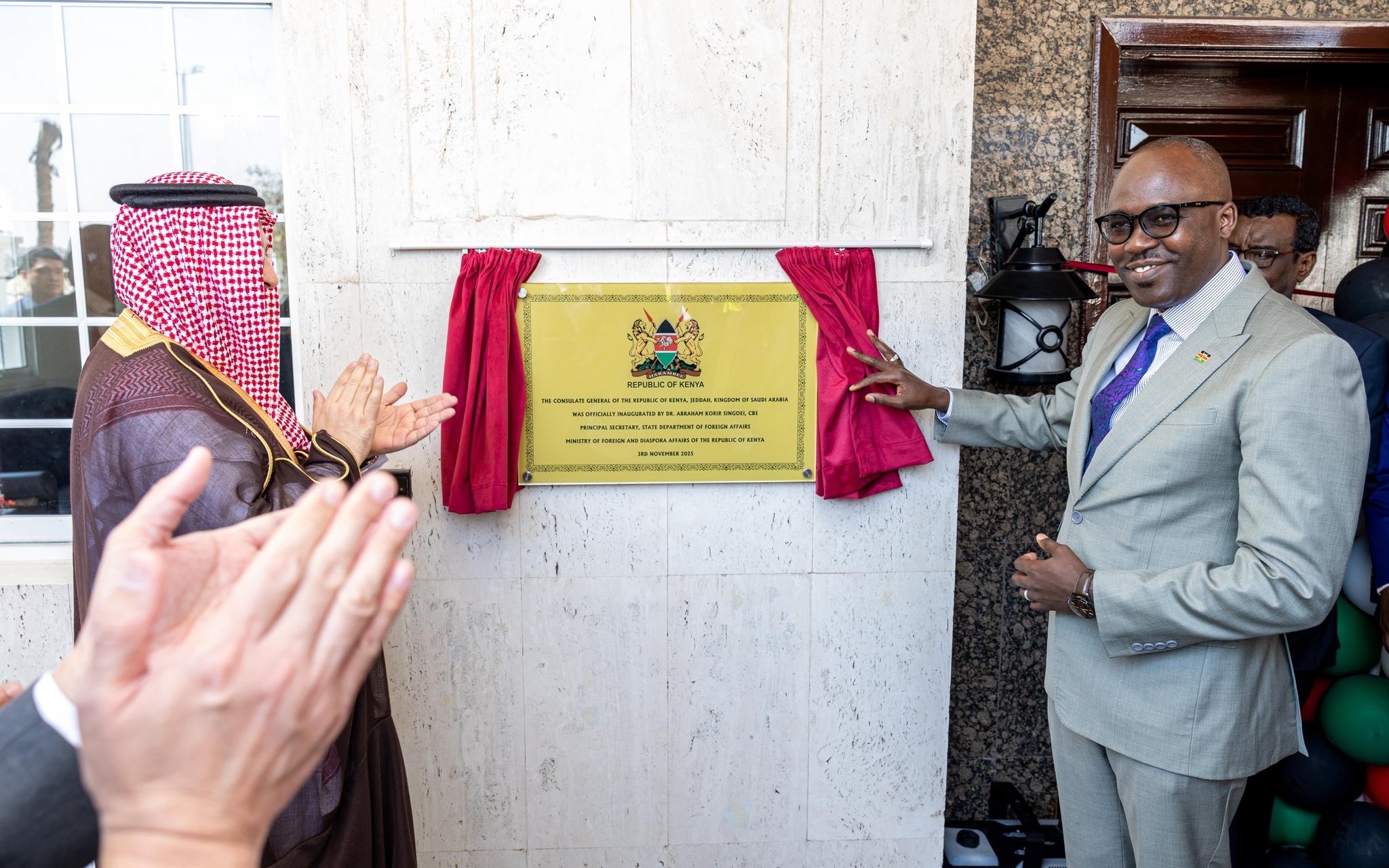






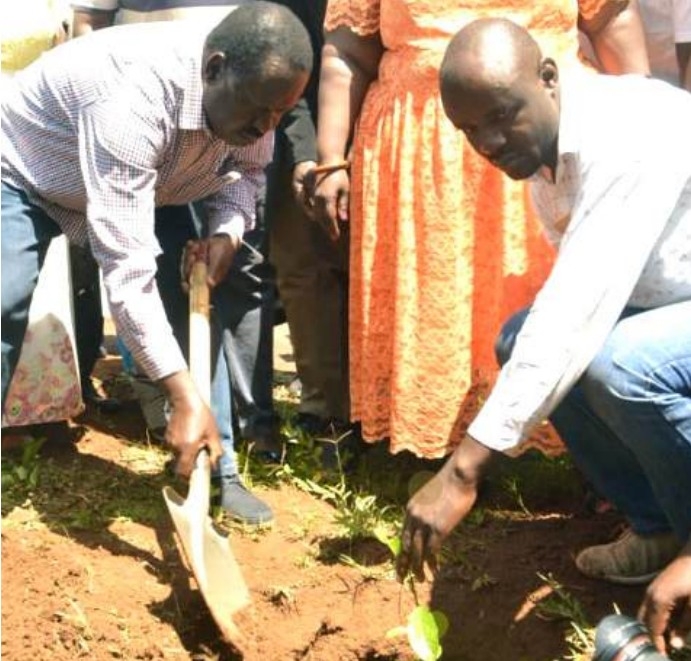
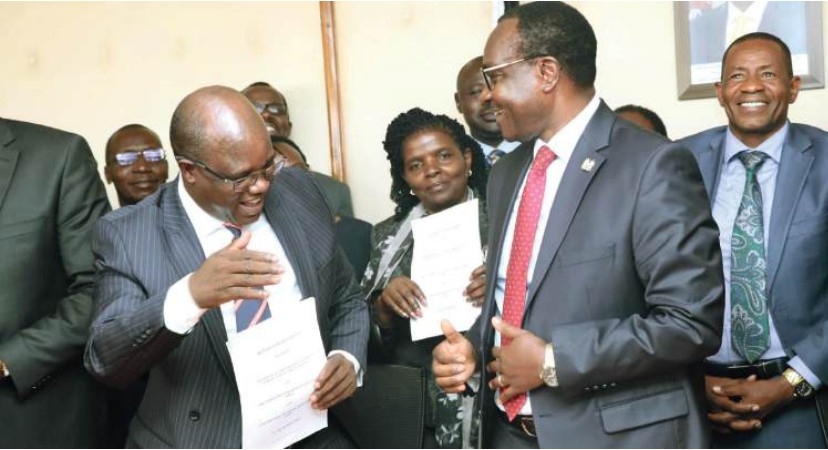

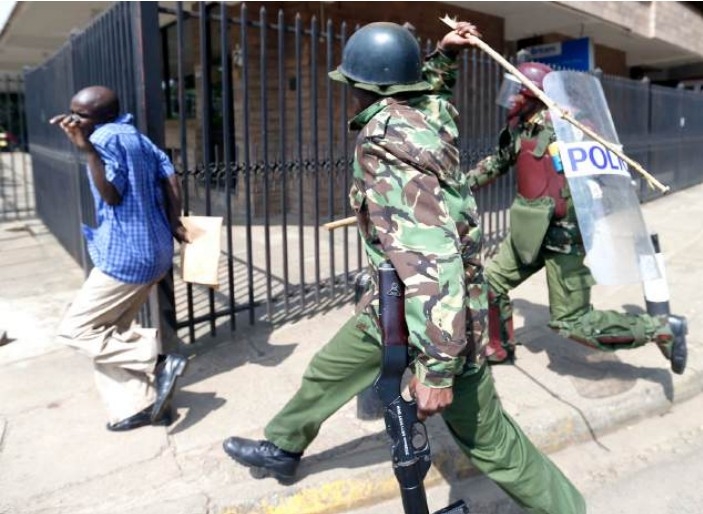



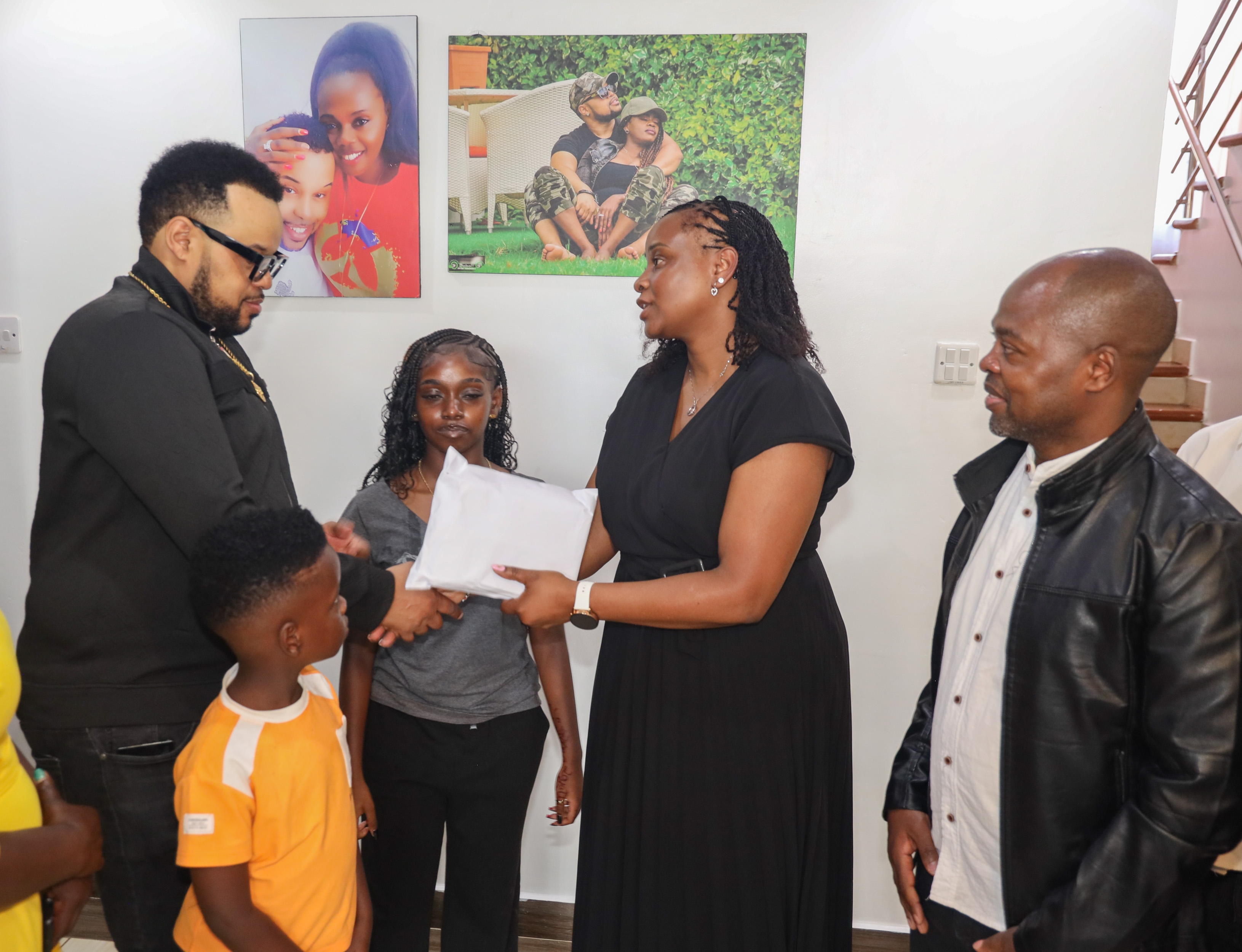
![[PHOTOS] How ODM@20 dinner went down](/_next/image?url=https%3A%2F%2Fcdn.radioafrica.digital%2Fimage%2F2025%2F11%2F99d04439-7d94-4ec5-8e18-899441a55b21.jpg&w=3840&q=100)
